America, the land of the free and home of the brave, is admired worldwide for its innovation and cultural influence. Yet, it’s not without its critics. Many argue that beneath its star-spangled exterior lie fundamental flaws that can’t be ignored. From sky-high healthcare costs that leave citizens drowning in debt to a political landscape riddled with polarization, these issues have led some to declare America as a nation in distress. The focus also falls on societal challenges, such as the absence of paid parental leave and enduring racial inequalities, which fuel debates about equity and justice. Here’s a detailed look at 13 grievances people have with the United States.
1. Sky-High Healthcare Costs

In the United States, healthcare is a notorious financial burden. Even with insurance, medical bills can escalate, leading families into debt or bankruptcy. This reality stands in stark contrast to other developed nations, where medical care is often more affordable. Critics argue that the American healthcare system, driven by profit, neglects the basic well-being of its citizens. A visit to the doctor can become a stressful financial decision, rather than a routine health check. While debates about healthcare reform continue, many Americans remain caught in a web of high costs and limited access.
2. Lack of Paid Parental Leave

The U.S. stands almost alone among wealthy nations in not guaranteeing paid maternity or paternity leave. New parents often face financial strain, forced to return to work rapidly, which can disrupt family bonding. This absence of support is seen as a failure to prioritize familial welfare. Other countries provide months of paid leave, fostering healthier familial relationships and societal well-being. In America, however, the pressure to maintain income often outweighs the essential early days of parenthood. This lack of policy reflects broader systemic issues tied to work culture and social priorities.
3. Gun Violence & Mass Shootings

Frequent mass shootings and lax firearm regulations have cast a shadow over America’s safety. Globally, these incidents are seen as markers of dysfunction and danger. The debate over gun control is a well-worn topic, yet remains unresolved. While some advocate for stricter laws, others fiercely defend the Second Amendment. The result is a nation on edge, where schools and public spaces can quickly turn into scenes of tragedy. This ongoing issue leaves the world questioning America’s commitment to safety and its ability to protect its citizens from internal threats.
4. Student Loan Crisis
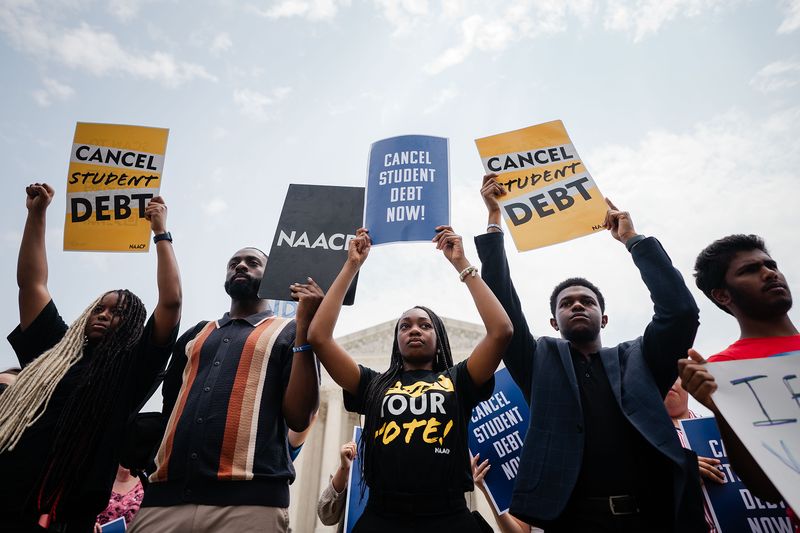
Higher education in the U.S. comes with a steep price, leaving many graduates burdened with student loan debt. This financial strain often follows them for decades, influencing career choices and delaying life milestones. The American Dream of upward mobility becomes elusive when educational advancement results in such significant debt. Critics argue that the system prioritizes institutional profit over accessible education. While some propose debt cancellation or reform, the cycle of financial hardship for students continues. This crisis highlights broader concerns about economic inequality and access to opportunity.
5. Homelessness in Major Cities
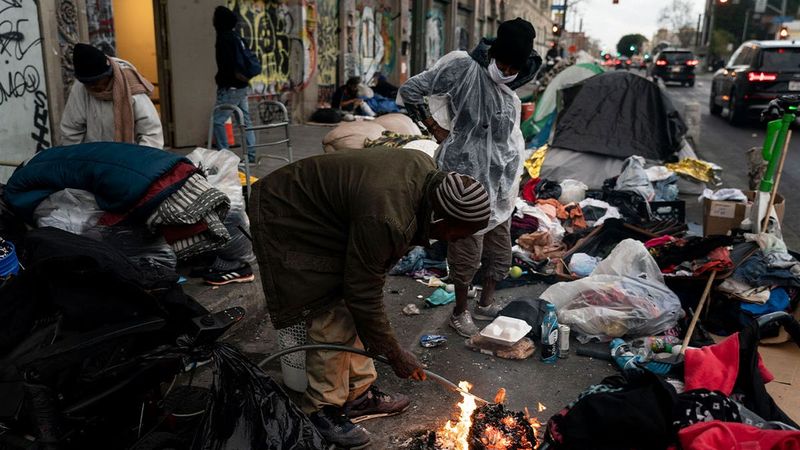
Widespread homelessness is a visible and troubling issue in major U.S. cities. The stark contrast between wealth and poverty paints a picture of extreme inequality. Tent cities and homeless encampments occupy public spaces, often just blocks from affluent neighborhoods. Critics argue that this situation reflects systemic failures in housing policy and social support. While some cities implement initiatives to address the crisis, the underlying issues of affordable housing and mental health support remain largely unaddressed. This disparity challenges the notion of the American Dream and exposes deep societal divides.
6. Insufficient Public Transit
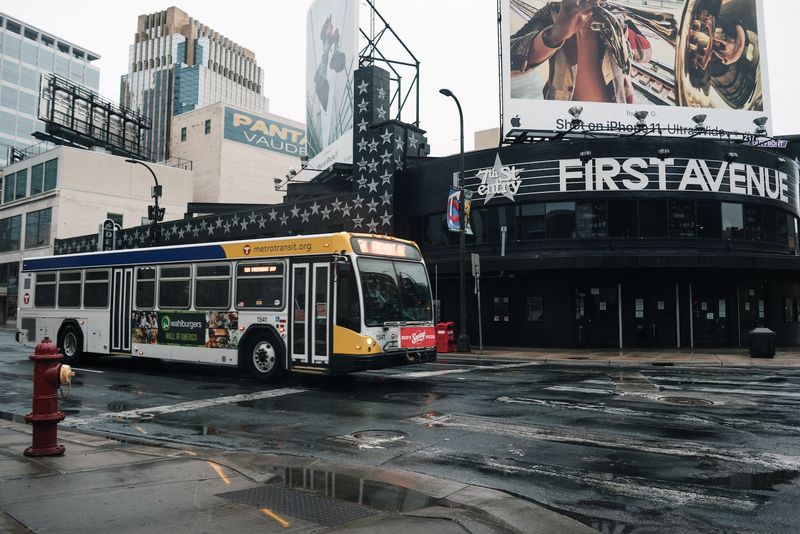
Outside a few major cities, the United States suffers from poor public transit infrastructure. This inadequacy makes life challenging for those who can’t afford cars or prefer not to drive. Critics highlight the environmental and economic impacts of a car-dependent culture. In contrast, other countries boast efficient, widespread public transit systems that promote accessibility and reduce traffic congestion. For many Americans, the lack of reliable public transit limits opportunities and contributes to urban sprawl. The push for better infrastructure continues, but change is often slow and fragmented.
7. High Cost of Living

The high cost of living in many U.S. cities places a significant burden on average workers. From housing to groceries, expenses often outpace wages, leaving families struggling to make ends meet. This economic pressure is exacerbated by stagnant wage growth and the rising costs of necessities. Critics argue that the disparity between living expenses and income contributes to social inequality. As cities become increasingly unaffordable, questions about sustainability and quality of life arise. The pursuit of the American Dream is overshadowed by financial stress and uncertainty.
8. Work Culture & Burnout

The American work culture is often characterized by long hours and minimal vacation days, leading to chronic stress and burnout. The glorification of overworking has created an environment where taking breaks is frowned upon, and personal well-being is secondary. Critics argue that this mentality negatively impacts mental health and family life. In contrast, other countries prioritize work-life balance, recognizing its importance for productivity and happiness. The relentless pursuit of success can lead to exhaustion, leaving many questioning the true cost of their careers. The need for cultural change is evident.
9. Political Polarization
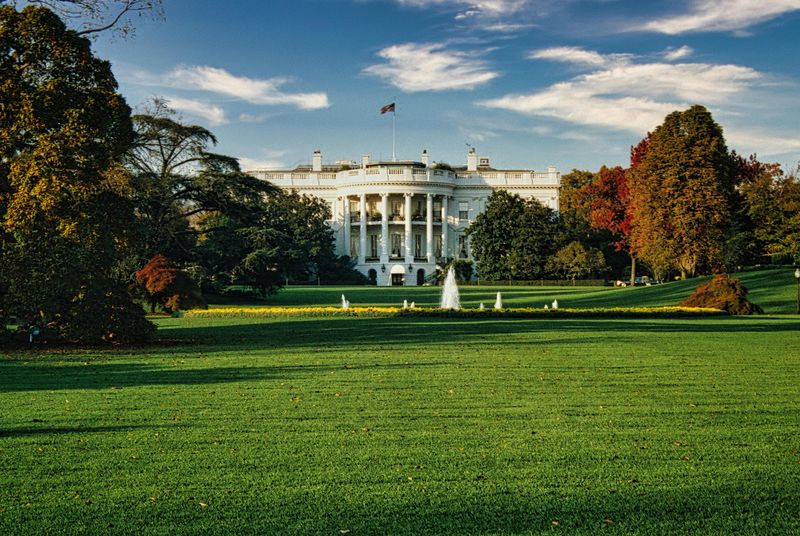
The U.S. political landscape is deeply divided, fostering mistrust and hostility. This polarization makes it challenging to find common ground, resulting in governmental gridlock and cultural clashes. The media often amplifies these divisions, creating echo chambers that reinforce existing beliefs. As a result, meaningful dialogue and compromise become increasingly rare. The impact of this division is felt in every aspect of American life, from policy-making to personal relationships. The challenge lies in bridging these divides to create a more unified society, but the path forward remains uncertain.
10. Widespread Misinformation
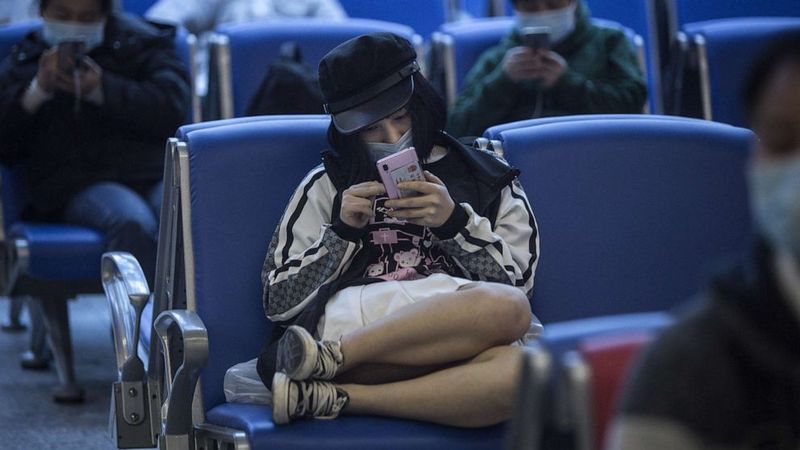
Misinformation runs rampant in the U.S., fueled by social media and biased news outlets. This deluge of false information contributes to confusion, fear, and division among the public. Conspiracy theories gain traction, often overshadowing facts and creating distrust in institutions. Critics argue that this trend undermines democracy and informed decision-making. Efforts to combat misinformation face challenges in a society that values free speech. The task of discerning truth from fiction becomes increasingly difficult, leaving many feeling disillusioned. Addressing this issue requires education and media literacy.
11. Poor Food Quality Standards

American food quality standards often come under scrutiny, with many processed foods permitted that are banned elsewhere. Health-conscious consumers and critics highlight these differences, questioning the safety and nutritional value of American products. The prevalence of additives and preservatives raises concerns about long-term health effects. In contrast, stricter regulations in other countries prioritize consumer well-being. This discrepancy leads to calls for reform and greater transparency in the food industry. The debate over food quality reflects broader issues of regulation and consumer protection, influencing dietary choices and public health.
12. Racial and Social Inequality
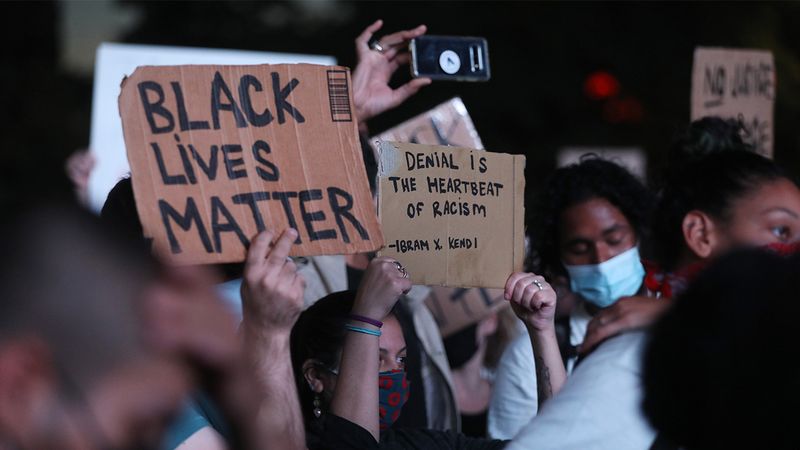
Ongoing issues of systemic racism and social inequality continue to fuel national unrest in the U.S. The struggle for racial justice is an enduring challenge, with disparities evident in many areas, including employment, education, and criminal justice. Critics argue that these issues are deeply embedded in American society, hindering progress and unity. While movements for change gain momentum, the path to true equality remains fraught with obstacles. The conversation around race and inequality is complex, requiring honest dialogue and commitment to change. The future depends on addressing these pervasive challenges.
13. Inaccessible Mental Health Care

Mental health care in the U.S. is often expensive and difficult to access, particularly in underserved communities. Stigma surrounding mental illness further complicates the issue, discouraging people from seeking help. Critics highlight the lack of resources and support for those in need, calling for systemic reform. In contrast, some countries prioritize mental health with comprehensive services and public awareness campaigns. The challenges of accessing mental health care underscore broader issues of healthcare inequality and societal attitudes. Change is necessary to ensure that mental health is treated with the same urgency as physical health.

Comments
Loading…